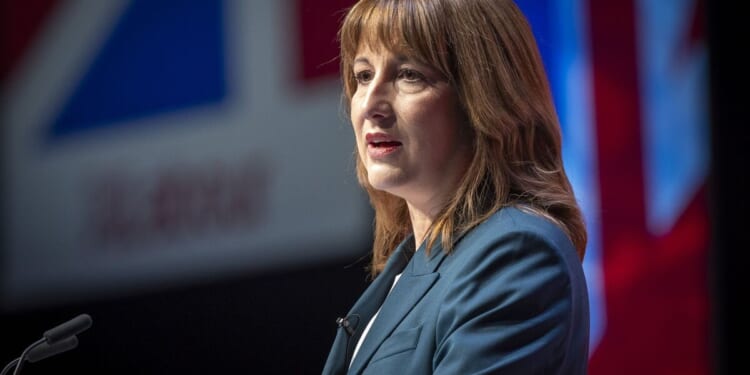Inflation remained sky high in September, increasing pressure on Rachel Reeves ahead of next month’s Autumn Budget. The rate of Consumer Prices Index (CPI) inflation remained unchanged at 3.8% in September, the Office for National Statistics revealed today.
Economists had predicted a rise to 4% after the rate of CPI held at 3.8% in both July and August. However, the figure means the CPI remains at nearly double the Bank of England’s target rate of 2%. ONS chief economist Grant Fitzner said: “A variety of price movements meant inflation was unchanged overall in September. The largest upward drivers came from petrol prices and airfares, where the fall in prices eased in comparison to last year. These were offset by lower prices for a range of recreational and cultural purchases, including live events. The cost of food and non-alcoholic drinks also fell for the first time since May last year.”
Ahead of the announcement, economists at Pantheon Macroeconomics predicted that higher motor fuel and airfare prices would help to drive inflation to 4%.
While the rise, which would have marked a 21-month high, did not materialise, inflation remains at elevated levels, having an impact on UK households and the cost of living.
The high level of inflation will hike pressure on government borrowing and make it harder for the Bank of England to justify further interest rate cuts.
It comes ahead of the Chancellor’s Autumn Budget on November 26, where she is widely expected to announce billions in tax hikes. The September inflation rate is typically used to decide the level of increase for many benefits, including universal credit, tax credits and disability benefits. It is also a key part of the pension triple lock, which is used to decide how much pensions will increase by in the following April.
Responding to the figures, Ms Reeves said she was “not satisfied” with the rate of inflation and would do more to “bear down on prices” in the budget. “I am determined to ensure we support people struggling with higher bills and the cost of living challenges, deliver economic growth and build an economy that works for and rewards working people,” she added.
Kevin Mountford, personal finance expert and co-founder of Raisin UK, said: “Today’s figures show that inflation is still high, keeping the cost of living front of mind for many Brits. Borrowing costs are unlikely to fall anytime soon, which means mortgage and loan repayments are likely to stay elevated for the foreseeable future.”
George Brown, senior economist at Schroders, added that inflation near 4% should “serve as a wake-up call for markets”. “High inflation is at risk of becoming entrenched in the UK, due to a combination of disappointing productivity and sticky wage growth,” he warned.
















